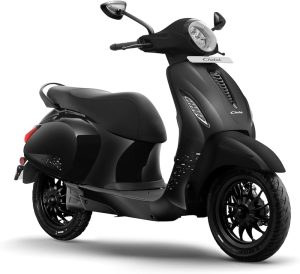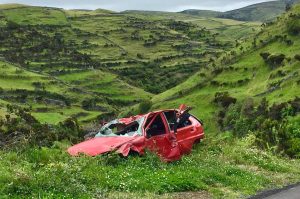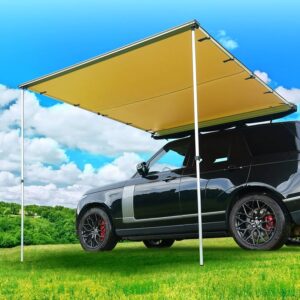Tips for Taking Your First RV Trip

With the coronavirus pandemic still affecting the U.S. significantly, many people have shifted their summer vacation plans. Individuals and families around the country are looking for socially distanced vacation options, like road trips, camping, and glamping.
One way to take a road trip is in an RV, but if you’ve never done it before, it can be intimidating.
The following are some things to keep in mind if you’re considering taking your first RV trip this summer or sometime in the relatively near future.
Driving Safety
Many states, such as Nevada, have seen an uptick in car accidents this summer. This is likely due to several factors, including more people hitting the roadways rather than flying for their summer trips, and a general increase in traffic as states reopened.
If you’re going to drive an RV and you don’t have experience, it’s daunting at first. Safety should be a top priority.
First, be aware of the size. It sounds obvious, but it gets very tricky to maneuver an RV, particularly if it’s bigger than what you can handle in the setting you’re in. As an example, if you’re going to have to drive in a bigger city at any point, you may struggle with your RV.
If you have the chance to do so, practice before you hit the road. Find a big parking lot or a field and place some cones so you can practice how you’ll park and maneuver the vehicle.
Stay Close to Home If You’re Completely New to RVs
A lot of Americans are using this summer as a chance to explore places close to their home that maybe they wouldn’t have otherwise. Doing so in an RV is a great option.
Look for trips that are within a few hours of your home for your initial RV experience.
It’ll give you the chance to get familiar not just with operating the RV, but also with what it’s like to camp in one.
Go Private If You Can
Private campgrounds offer amenities and comforts of home that can be good for your first RV trip, so it may be better to opt for this as opposed to a public park if you can.
For example, a private campground may have full hookups, so you’ll have water, sewer, and electricity on site.
Private parks also often have people working there who can help you if you’re inexperienced in RV life.
When you’re booking a site, try to reserve one that’s a pull-through. A pull-through site is located between two roads, so you can pull in an then out when you’re leaving without having to back up.
Setting Up
It does take some work to set up once you arrive at your RV camp site. Make sure you give yourself time for this, and your first few times it’s going to take longer than it will once you get the hang of it.
You might want to create a checklist of tasks and then assign roles to everyone in your travel group.
If you need help, don’t be afraid to ask someone who works at the campground, or one of your neighbors.
What Should You Pack?
You’re going to have fairly limited space if you’re traveling in an RV, at least compared to what you might be used to if you typically stay at a hotel or rental house.
You want to minimize what you bring, but also remember the essentials.
You don’t need the most advanced camping gear, however.
Know what’s on your RV as far as cooking gear, and then make a grocery list and meal plan what you’re going to make while you’re camping. Consider simple recipes with limited ingredients that you can make without a lot of perishable items.
Beyond your cooking supplies and groceries, things you might want to ensure you take with you include:
- Bug spray
- A fan
- A folding trash can
- Matches or a lighter
- String lights
- Sunscreen
- Camping chairs
If you’re renting an RV, ask the person you’re renting from what the RV is equipped with, versus what it doesn’t have. For example, you may need bedding, towels, and all of your toiletries.
Finally, don’t bring any bulk food, because that simply isn’t going to fit in the storage space you’re going to have available. Avoid any heavy tools or bringing too many kitchen supplies.
You also typically can’t bring your own firewood to campsites because of the potential for invasive species, so skip that as well.






